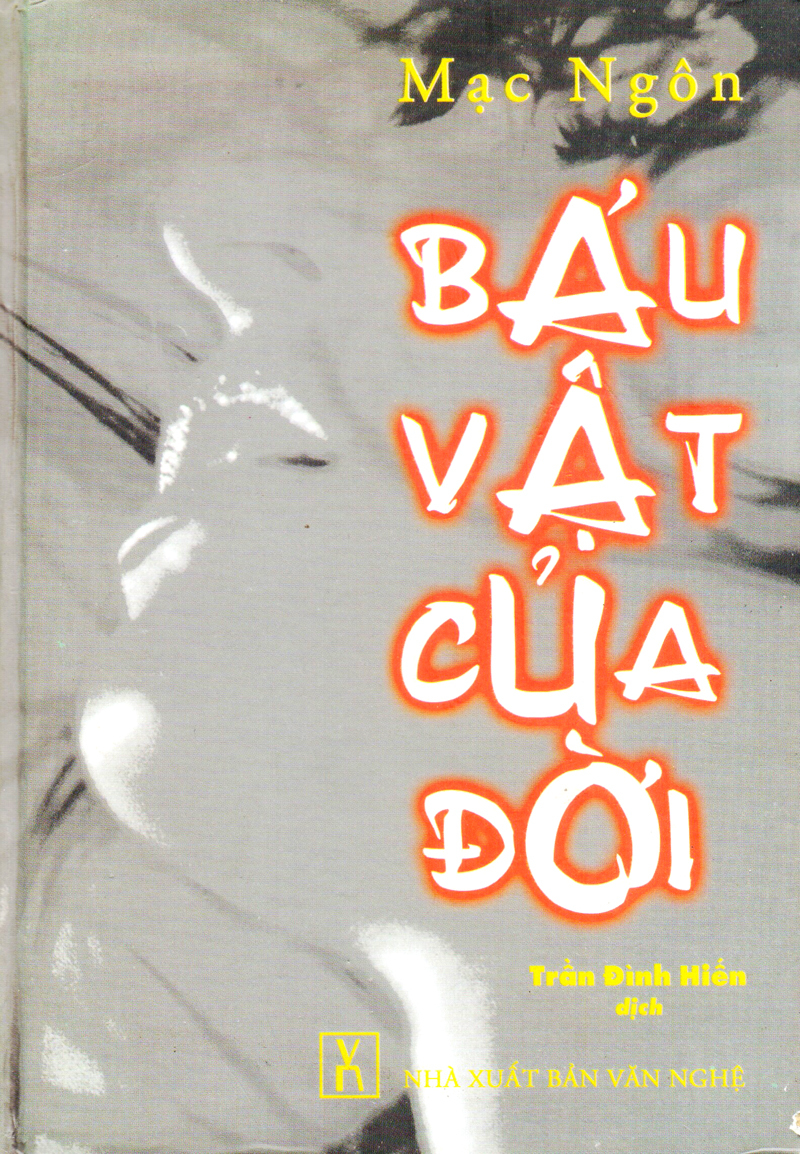What do you think?
Rate this book


860 pages, Hardcover
First published January 1, 1996
domatesler niye meme ucu çıkarır ki? dağlar yeryüzünün meme uçlarıdır, dalgalar denizin, dil düşüncenin, çiçekler bitki örtüsünün, sokak lambaları caddenin, güneş kainatın... her şeyin memelerle bir bağlantısı var, dünya üzerindeki her şeyi meme uçlarıyla ilişkilendirmek, benim, akıl hastası shangguan jintong’un kendini en özgür hissettiği ve en paranoyaklaştığı ruh halidir.

bir kadının memesine dokunmak onun ruhunu ele geçirmektir. bir kadını ele geçirmek dünyayı fethetmektir

Cuando engulles casi 850 páginas a través de las cuales has recorrido una novela repleta de reveses, de personajes punzantes y de episodios históricos reconocibles, entonces terminas por hacerle un hueco en tu corazón a esa obra. Grandes pechos… es un gran libro, uno que merece la pena leer, gusten o no las sagas familiares, atraiga o no el descubrimiento de las costumbres chinas a lo largo del siglo pasado.
Hay que armarse de paciencia, por supuesto, para no desistir durante la lectura, que dista de ser cómoda y sencilla. Influye en esto la prosa y muchas de las escenas narradas. La prosa es brillante, repleta de giros, siempre adecuada a lo contado y a sus personajes; algunas, por no decir muchas, escenas son terribles. Terribles por su dureza, por su crueldad, por su naturalidad. No es esta una obra eufemizada, no es una obra que haya pasado por el tamiz de la censura en ningún aspecto; tal vez haya sido eso lo que provocó que el gobierno chino prohibiese su publicación, atendiendo a las críticas que elevaba contra ciertas actuaciones de miembros de la República Popular y organismos dependientes.
Mo Yan, que no es el verdadero nombre del autor, sino un seudónimo que significa “no hables” y que alude a su vida durante la infancia, traza una historia extensa en torno a la familia Shangguan, que vive en el condado de Gaomi del Noreste. Se cuenta su recorrido desde los primeros años del siglo XX hasta los 90 y hay un personaje que va a ser el hilo conductor de toda la trama: Madre.
Creo que el comienzo de esta novela ha sido uno de los que más me han impresionado de los que he leído, y no me refiero al primer párrafo o a la primera página, sino a las 150 primeras páginas. Mo Yan abre la historia situándonos en el año 1937, cuando estalla la Segunda Guerra Sino-Japonesa. A la par que se anuncia la llegada de los japoneses, Shangguan Lu, a la que antes me he referido como Madre, se pone de parto por octava vez. Tras haber traído al mundo a siete niñas, su suegra, Shangguan Lü, la considera poco más que una carga que no deja de alumbrar bocas que tan solo sirven para comer y no aportan nada a la familia. Dicho parto, en el cual vendrán al mundo Octava Hermana y Jintong, es narrado conjuntamente con otro: el de una mula que posee la familia. Una situación curiosa, bastante cruel en las formas y que introduce y presenta a la perfección a los personajes implicados.
La continuación la publicaré en el blog próximamente.